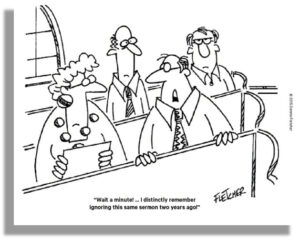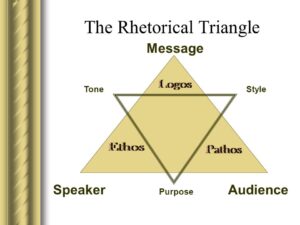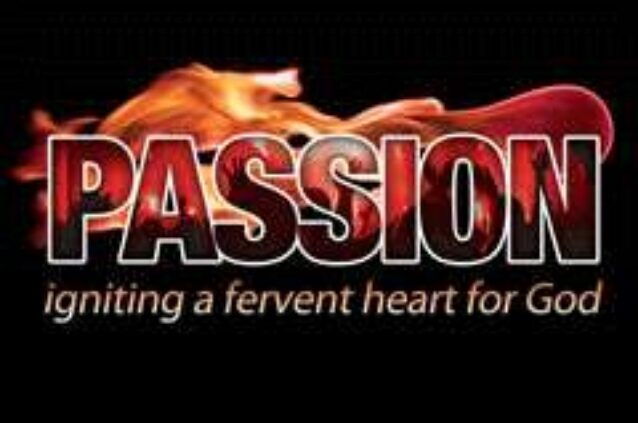A Sermon Is More Than Words Strung Together
A Sermon Is More Than Words Strung Together
In the last post, we considered the 7-38-55 rule about communication. I looked at the fact that words are vitally important as an element to an effective sermon. But a sermon is more than words strung together if it is going to be effective.
When It’s Only Words
 I remember well a sermon given by a New Testament professor. I invited him to preach in our service, and he graciously agreed to come. It wasn’t far into his sermon, however, when I found my mind wandering. You see, it was just words. He read his sermon, and rarely connected with the audience through eye contact or gestures. There were few illustrations given, and I thought that this was very much like the lectures he was used to giving in the classroom. I realized then, as I realize now, the truth that we are now considering, that a sermon is more than words strung together if it is going to be effective.
I remember well a sermon given by a New Testament professor. I invited him to preach in our service, and he graciously agreed to come. It wasn’t far into his sermon, however, when I found my mind wandering. You see, it was just words. He read his sermon, and rarely connected with the audience through eye contact or gestures. There were few illustrations given, and I thought that this was very much like the lectures he was used to giving in the classroom. I realized then, as I realize now, the truth that we are now considering, that a sermon is more than words strung together if it is going to be effective.
The Ancient Skill of Rhetoric
Rhetoric was an area of study in the ancient world. The definition of rhetoric could describe a sermon. Here it is:
a: the study of principles and rules of composition formulated by critics of ancient times

Message. Logos. Tone. Style. Ethos. Pathos. Speaker. Audience. Purpose.
A Sermon is More Than Words Strung Together; It is Also Passion
Here’s a wonderful little book that I recommend to you: Preaching Nuts and Bolts, by Brandon Hilgemann. In his discussion of pathos, he says this:
You can speak the most well-crafted words, but if the audience doesn’t feel your emotional connection–your passion–it will fall on deaf ears.
 In other words, one of the elements of an effective sermon is that it expresses and evokes emotion. I didn’t understand that when I first started preaching. The reality is that when I was in seminary, in preaching classes, I didn’t learn to preach effective sermons. I learned to use the right words. However, after my first year in seminary I was assigned to work with an experienced pastor for the summer. That’s when I met C. Oliver Buus. He was six months from retirement, and chose to spend the last six years before retirement helping get a little church started in Tucson, AZ. And he was a good preacher.
In other words, one of the elements of an effective sermon is that it expresses and evokes emotion. I didn’t understand that when I first started preaching. The reality is that when I was in seminary, in preaching classes, I didn’t learn to preach effective sermons. I learned to use the right words. However, after my first year in seminary I was assigned to work with an experienced pastor for the summer. That’s when I met C. Oliver Buus. He was six months from retirement, and chose to spend the last six years before retirement helping get a little church started in Tucson, AZ. And he was a good preacher.
After my first sermon in that church, we met on Monday to reflect on what he had heard and seen in my preaching. I was devastated when he said, “Everything you said was right, biblically and doctrinally. But nobody was listening after the first five minutes.” As I said, I was devastated. But then he led me on an adventure of seeing preaching from the audience’s point of view, and how best to connect with them. Passion was one of those vital lessons. You see, he understood that a sermon is more than words strung together even when it’s good theology.
In the next post we’ll consider more about character as one of the essential elements of an effective sermon. Until then, here is David Platt reflecting on how to develop emotion and passion and put them into your preaching.



